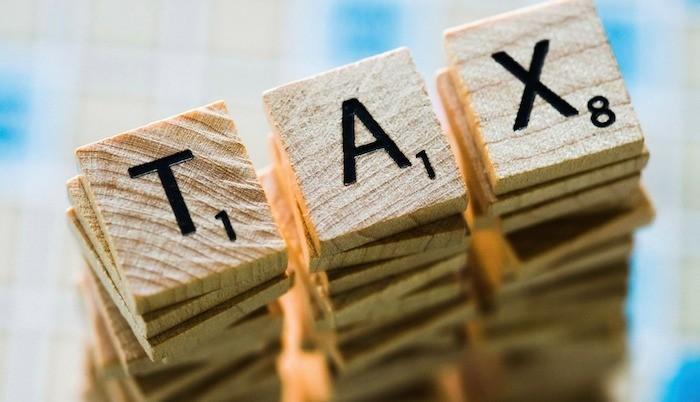Economy
Federal Government Announces Revival of National Tax Amnesty Scheme

The Federal Government has unveiled plans to reintroduce the National Tax Amnesty Scheme.
This announcement was made via an official statement released on Thursday and signed by the Director of Press and Public Relations of the Ministry of Finance, Stephen Kilebi.
This decision was disclosed during a two-day retreat of the Presidential Committee on Fiscal Policy and Tax Reforms held in Abuja.
Mr. Taiwo Oyedele, Chairman of the Committee, highlighted several anticipated outcomes from the committee’s deliberations.
“The Chairman emphasized the key objectives of the committee, which encompass achieving optimum tax revenue, streamlining revenue collection processes, revising the national tax policy, establishing a national fiscal framework, preparing bills for constitutional amendments, optimizing revenue collection, crafting a model template for sub-national entities, and instituting the national tax amnesty scheme,” the statement read.
This announcement rekindles memories of the Voluntary Assets and Income Declaration Scheme (VAIDS) initiated by the former Vice President of Nigeria, Prof. Yemi Osinbajo, during his tenure as Acting President.
The tax amnesty scheme, which aimed to provide taxpayers with a limited-time opportunity to regularize their tax affairs for previous periods and settle outstanding tax liabilities, commenced on July 1, 2017, and concluded on March 31, 2018.
Notably, it appears that the current administration under the leadership of Bola Tinubu intends to revive and reintroduce this scheme, signaling a renewed commitment to fiscal policy and tax reform.
In addition to this, the statement also featured insights from the Minister of Finance and Coordinating Minister of the Economy, Mr. Wale Edun, who assured Nigerians of brighter prospects through the implementation of President Bola Tinubu’s Renewed Hope Agenda.
Mr. Edun stated, “Mr. President’s aspiration is to foster job creation, poverty reduction, effective control of micro and macroeconomic policies, create a stable investment climate, stabilize exchange rates, and ultimately drive the economy towards reducing poverty levels to a historic low.”
He further acknowledged that while the removal of fuel subsidies had presented challenges to the economy, corrective measures had been enacted to mitigate its impacts and address subsidy-related issues.
Mr. Edun assured stakeholders that the era of a declining GDP per capita over the past decade would soon be a thing of the past, thanks to President Tinubu’s Renewed Hope Agenda.
Also, he emphasized that the government was committed to addressing hyperinflation in the nation’s economy, with solutions currently in the pipeline.
The minister concluded by reminding committee members of the President’s 30-day deadline for delivering tangible results on their assignments, highlighting that the economy needed to accelerate its growth to meet expectations.